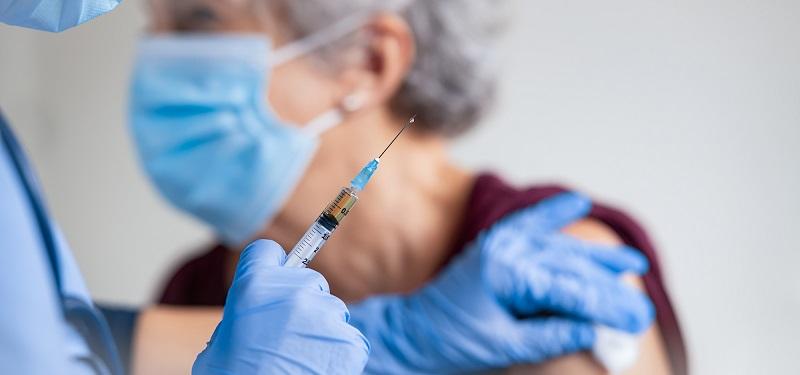COVID-19, RSV and the flu: How to protect yourself from respiratory viruses

This winter, three major respiratory viruses — respiratory syncytial virus (RSV), the flu and COVID-19 — are poised to make a comeback in Canada.
Last year, we saw an uptick of these three respiratory viruses and it pushed many vulnerable populations to the emergency department.
To reduce your risk of serious illness, Sinai Health’s infection and prevention control expert says there are many things you can do to protect yourself and your family.
“Getting your flu shot and staying up to date with your COVID-19 vaccine are really important steps in protecting yourself.”
Dr. Jennie Johnstone
Medical Director, Infection Prevention and Control, Sinai Health
Other things like washing your hands, staying home when you’re sick and masking when possible are also really important.
With the cold pushing people indoors, viruses circulate more easily. There are things you can do that could help you avoid severe illness and a hospital visit.
So which vaccines are available?
This year, there are vaccines against these three respiratory viruses.
There’s the routine influenza (flu) shot, which you can book at your local pharmacy or clinic.
According to Health Canada, influenza causes more than 12,000 hospitalizations each year in Canada, and approximately 3,500 deaths.
Flu shots are very effective in preventing illness in healthy and younger adults. And in older adults and those with medical issues, the flu shot can effectively reduce serious illness, hospitalization and death.
New this year is the updated COVID-19 vaccine, which targets the Omicron subvariant. Rollout is happening across Canada and the vaccine is available to anyone 6 months of age and older. You are eligible if in the last six months you haven’t had COVID-19 or if you haven’t had your last dose.
Also new this year is the RSV vaccine – for older adults who are at risk. Health Canada has approved a vaccine for people 60 years of age and up.
RSV is highly contagious. For most people, it presents itself as a common cold. But in more vulnerable populations, RSV can cause pneumonia, which can be fatal.
For older adults, there is also a vaccine that can protect against the most common cause of bacterial pneumonia – Streptococcus pneumoniae. The pneumococcal vaccine is recommended for those at risk to help prevent serious pneumonia.
How else can I protect myself?
While masks are no longer required in most places outside of health care settings, it is still a good idea to mask up during this respiratory virus season, especially in crowded indoor gatherings and public spaces.
“Wearing a mask helps prevent the spread of all respiratory viruses,” Dr. Johnstone says.
“And let’s not forget hand hygiene. It is one of the most effective ways in preventing the spread of infection,” Dr. Johnstone added. Clean your hands often, especially in public places, for at least 15 seconds with alcohol-based hand rub or soap and warm water.
And if you’re feeling sick, staying home from work, school and social activities helps stop the spread of respiratory viruses.
“An infection that causes you to experience mild symptoms could be severe for young children, older adults, people who are pregnant or who are immunocompromised,” Dr. Johnstone says. “Using all the tools you have in your tool box is the best way to stay safe and keep others around you safe.”












